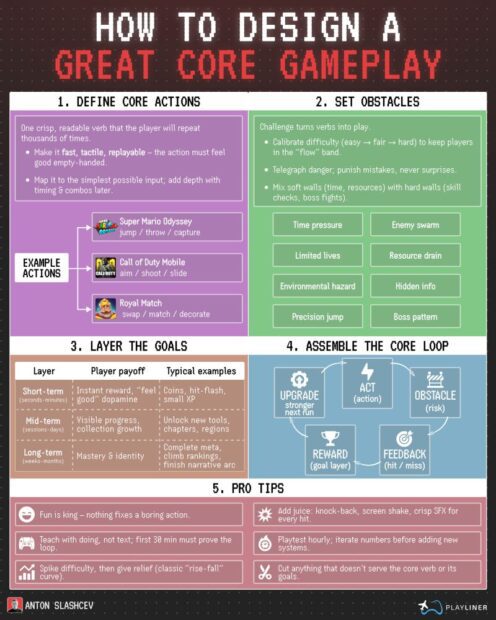
- arrow_back Home
- keyboard_arrow_right Highlights
The making or breaking of your incentivized campaign?
HighlightsJournal 57 Paul Bowen April 8

And so it’s true, in our burgeoning corner of UA – as advertisers in the incentivized space know all too well, how you choose to pay for traffic can determine the ultimate success or failure of your campaign.
There are two primary models for paying incent networks:
- CPI (Cost Per Install): The advertiser pays a fixed amount when a new user installs the game.
- MRCPE (Multi-Reward Cost Per Engagement): The advertiser pays per engagement milestone completed by the user (e.g., reach level 10, make a purchase, complete a mission).
Both have their merits – and risks. Let’s break them down.
CPI: give control to the incent network to make your life easier
Fixed cost
Knowing exactly what you’ll pay per install is a compelling proposition. With a fixed CPI, advertisers lock in costs at the moment of install – no surprises later. As I outline in this article, there are 3 main benefits to having a fixed cost for your incentivized campaign:
- Diversifying Risk
- Install volume for social/multiplayer games
- Mitigating Long-Term Risk
These benefits make fixed CPI an especially appealing choice for advertisers with a more conservative growth strategy.
No carryover
Carryover refers to payouts triggered after the billing cycle ends. With CPI, there’s none of that. You pay when the install happens, period. Any further engagement with missions doesn’t come with additional cost, even though it should still deliver yield.
Contrast this with MRCPE campaigns, where mission completions and accompanying spend lag behind the install. This can wreak havoc on DX ROAS reporting earlier in the month depending on how you view your data.
A Real Example:
- January:
- Jan 23: Install
- Jan 26: Mission 1 ($4)
- Jan 30: Mission 2 ($6)
- → $10 total spend, counted in January. All yield (IAP + IAA) will be counted against the Jan 23 install
- Then in February:
- Feb 2,5, 9: Mission 3, 4, 5 ($17 total): Completed post-Jan billing cutoff
- → Spend recognized in February but without associated yield (IAP/IAA), creating “empty spend” in February

If you’re analyzing performance by daily cohorts, carryover isn’t a major issue – you’re tracking ROAS as each cohort matures, and the daily reporting stays accurate. But if you’re looking at performance by monthly cohorts, early February can look artificially weak. That’s because the carryover spend from January installs is hitting your books, while the yield from February installs hasn’t had time to ramp up – creating a mismatch that distorts your true performance.
Easy advertiser set-up
It’s easy for an advertiser to launch a CPI campaign on an incent network. Set the CPI, share your events (and ideally CVRs from other platforms), and you’re off. No need to think about which events get used, user payouts, conversion rates, or how long players have to hit goals. It’s a hands-off setup – you just wait for the ROAS to show up.
MRCPE: the optimizer’s playground
With MRCPE payouts, you influence the full player journey, unlike CPI, where you give all the power and control over to the incent network. You decide:
- Which events to incentivize
- How deep the missions go
- How much you pay for each mission
- How much margin the network keeps (potentially)
This control lets you fine-tune campaigns to optimize for lifetime value.
But… It Gets Messy
Some networks apply dynamic pricing based on predicted user quality. That can mean user A gets a $2 reward for reaching level 10, while user B gets $1. As an advertiser, that’s tough to track – and tougher to trust.
Partner-Level Involvement
With MRCPE, you’re not just a client – you’re a co-pilot. You’re in the campaign design process, crafting a payout model that aligns with your monetization goals. That’s a huge advantage if you’ve already cracked a winning setup on other networks.
TL;DR – So Which Should You Choose?

In the end, it’s not about which model is better, but which model is better for you – your game, your goals, your bandwidth and your risk appetite.
And remember: how you pay your incent network shapes not just your reporting, but your results. Choose wisely.







